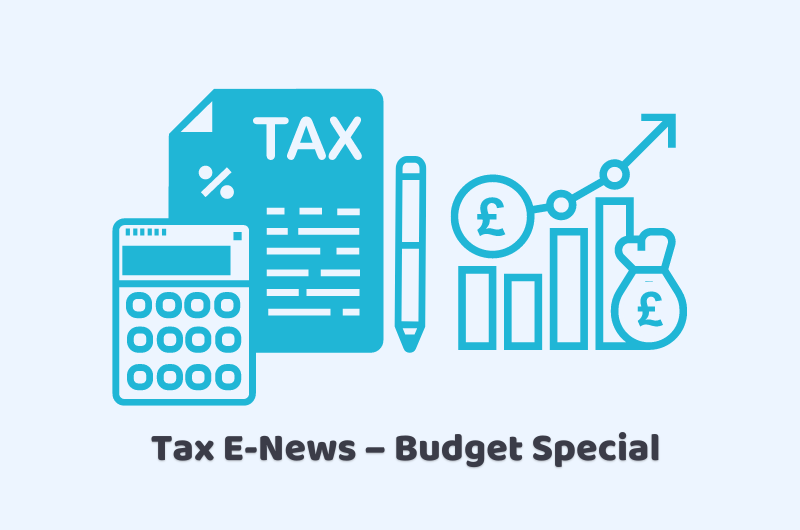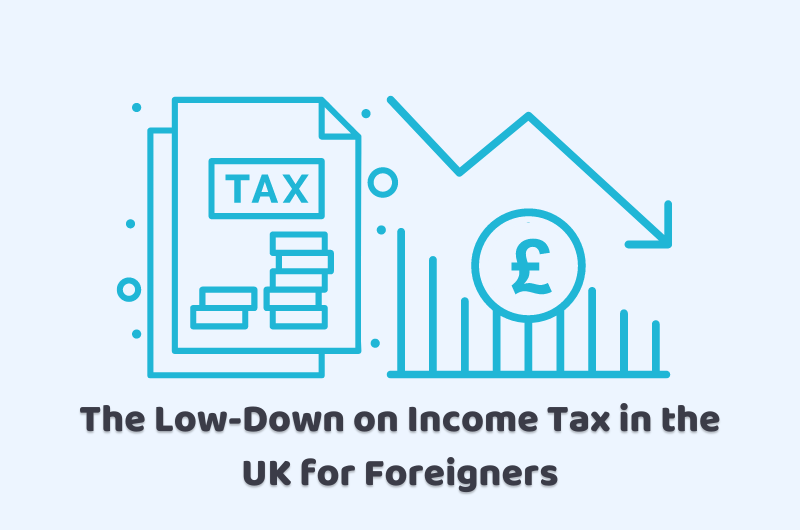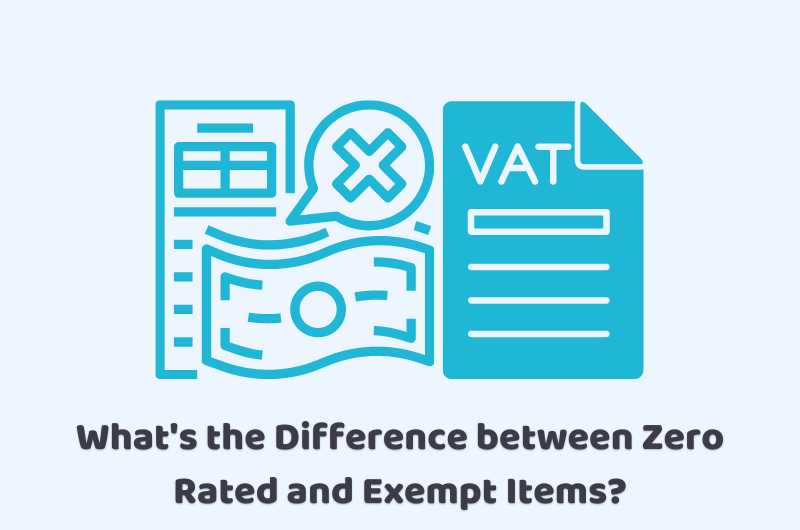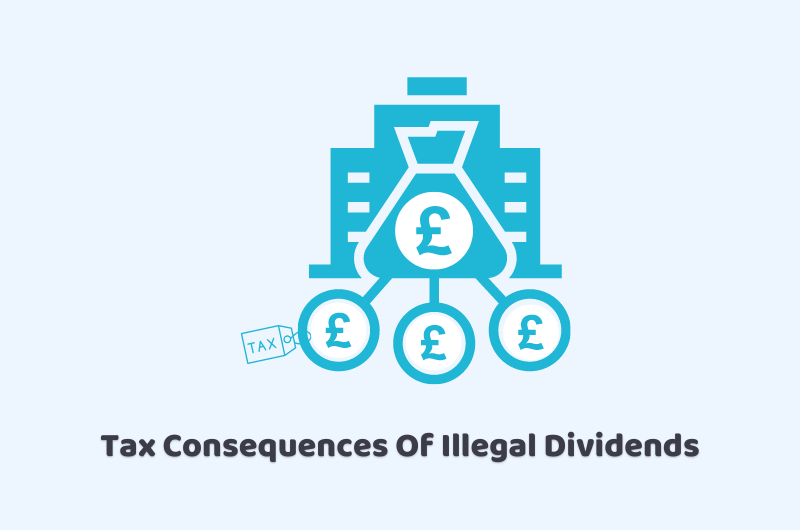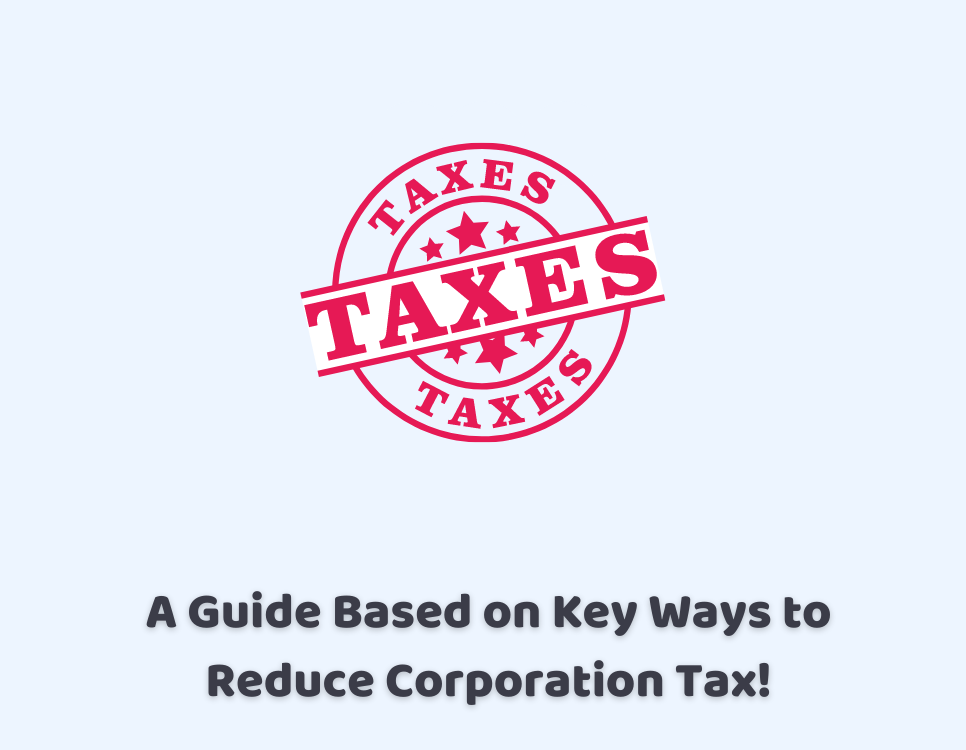16/03/2023Tax News and Tips
On 15 March 2023, Chancellor Jeremy Hunt presented his first Budget to Parliament and set out a plan to reduce inflation, grow the economy and get government debt falling all whilst avoiding a recession and tackling labour shortages. Below we set out some of the main points. Cost Of Living Support Energy Costs The …
Read more

